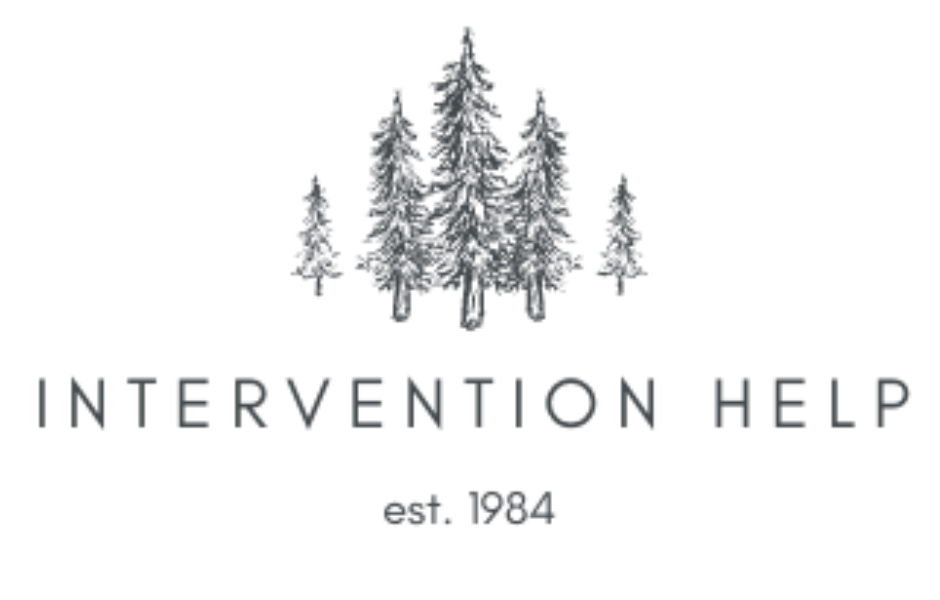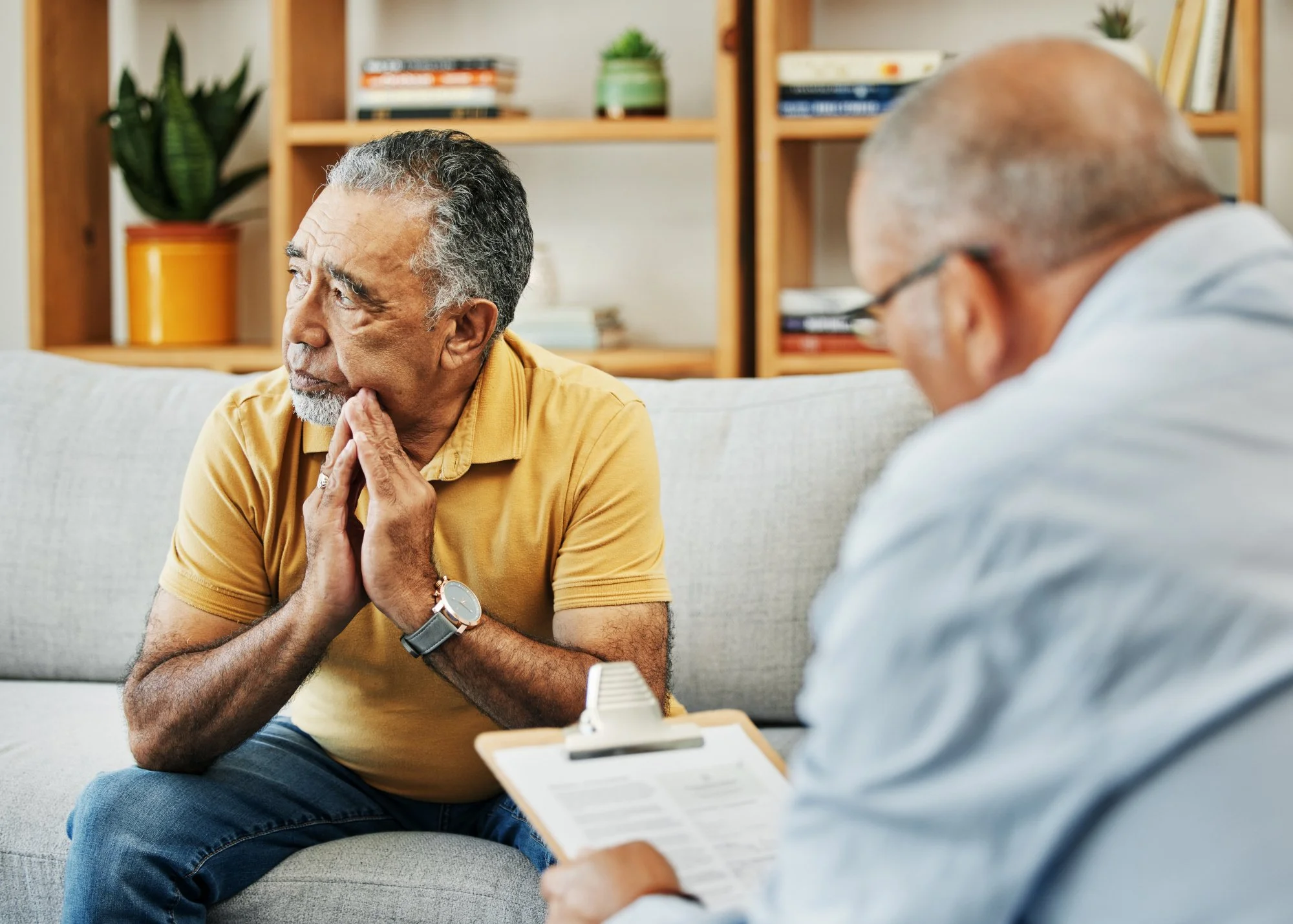Is It Illegal to Be Drunk in Public? What You Need to Know
If you’ve ever asked yourself, is it illegal to be drunk in public, you’re not the only one. Many people aren’t sure where the line is between legal and illegal behavior when it comes to public intoxication. Whether you’re concerned about your own alcohol use or worried about a loved one, understanding the law can help you make safer choices—and know when it’s time to seek help.
In this blog, we’ll share the risks of public intoxication and answer the question: is it illegal to be drunk in public? We’ll also introduce how Intervention Help, our team of interventionists, offers sober coaching for individuals who may be struggling with alcohol misuse.
Is It Illegal to Be Drunk in Public?
So, is it illegal to be drunk in public? The answer depends on where you are. In most U.S. states, simply being intoxicated in public isn’t a crime unless your behavior disturbs others, causes safety concerns, or interferes with public spaces. However, public intoxication laws vary by state and city.
In Washington State, for example, public intoxication alone is not illegal. But if someone is posing a risk to themselves or others, or causing disturbances, police have the right to intervene. This means that while merely being drunk may not be illegal, the actions associated with it—like disorderly conduct or public endangerment—can lead to arrest.
Here are some key facts to understand:
Washington State does not criminalize public intoxication itself. Simply being visibly drunk in a public place is not a crime. However, law enforcement can intervene if your behavior poses a risk to yourself or others.
In contrast, other states like Texas and California classify public intoxication as a misdemeanor, which can lead to arrest and fines.
Even in areas where it’s not technically illegal, public intoxication can still result in charges like disorderly conduct, trespassing, or endangerment—especially if the person is disturbing others or unable to care for themselves.
Police officers often have the discretion to transport intoxicated individuals to a detox facility or crisis center instead of jail, depending on local policy.
In short, whether it is illegal to be drunk in public depends on what the person is doing while intoxicated.
Why Public Intoxication May Be a Sign to Seek Help
Regardless of legal status, repeated public intoxication is a strong signal that someone may benefit from professional help, such as sober coaching or a structured alcohol intervention. If you’re asking if it is illegal to be drunk in public because someone you love frequently drinks in public spaces, it’s important to focus not just on the legality, but on the underlying struggle.
At Intervention Help, we believe that public drinking or visible intoxication often signals that someone needs help, not punishment. That’s where professional support can make a life-changing difference.
How Sober Coaching Can Help
If someone you love is drinking excessively—whether at home or in public—they may need more than advice. They need structured, compassionate support that can guide them toward change.
At Intervention Help, we offer sober coaching for individuals in early recovery or those who are struggling to stop drinking. Our coaching services provide:
Personalized, one-on-one guidance
Daily accountability and structure
Tools to prevent relapse
Emotional support through difficult moments
Strategies for creating a healthy, alcohol-free lifestyle
Our team works with clients after treatment, during recovery, or even as an early intervention step to prevent more serious consequences—legal or otherwise.
The Next Step Toward Recovery
If you’ve been asking if it is illegal to be drunk in public, chances are you or someone close to you is struggling with alcohol. Whether you’re worried about legal trouble, safety, or personal wellbeing, Intervention Help is here to offer a compassionate path forward.
Reach out to learn more about how our interventions, coaching, and sober support services can help you or your loved one find freedom from alcohol and start building a life of clarity, stability, and peace.


